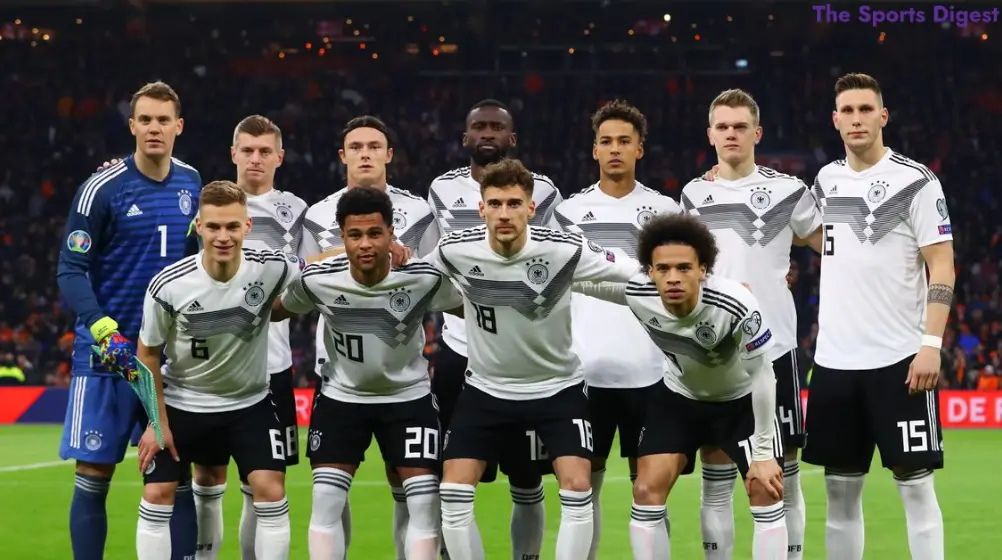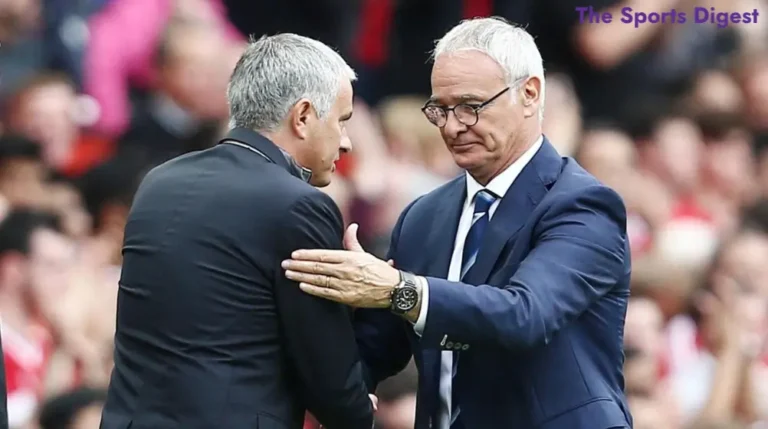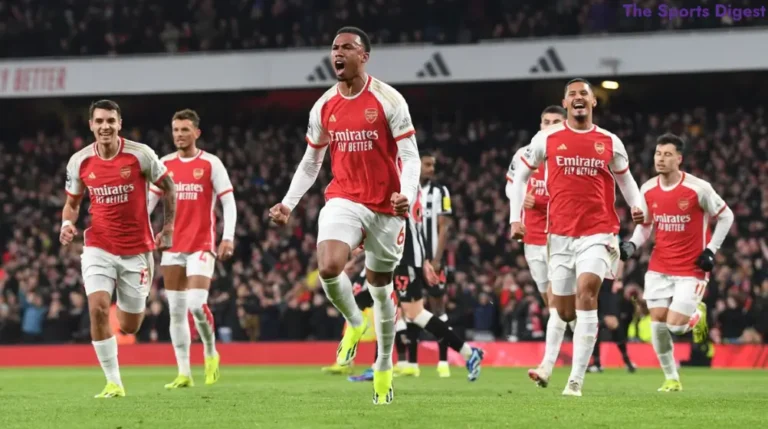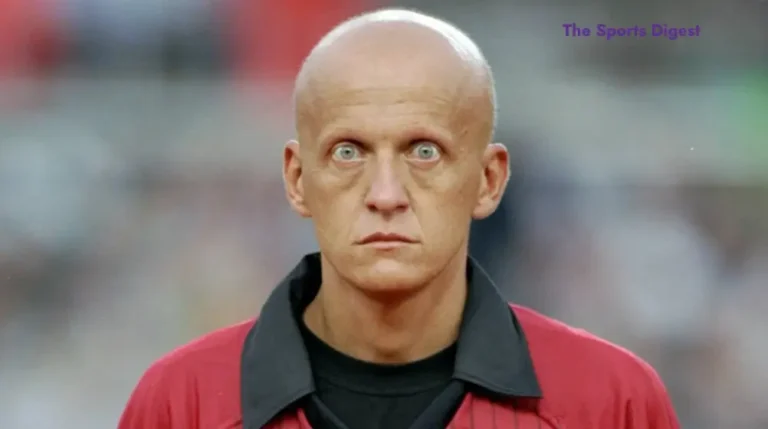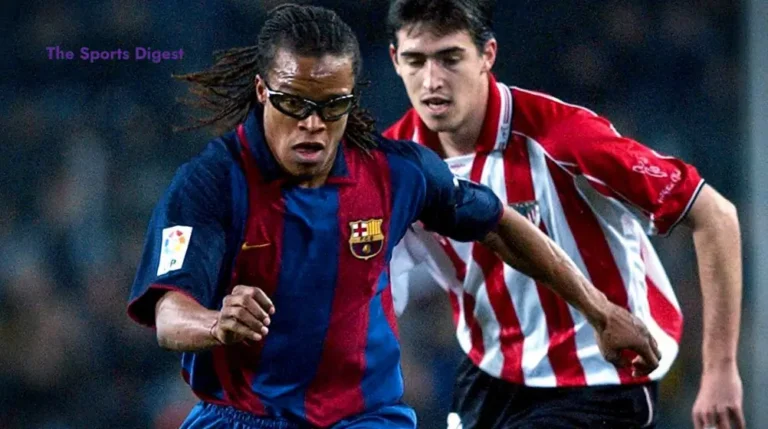German National Football: History & Insights
The German national football team is one of the most successful teams in the history of the sport, achieving numerous accomplishments that have placed it among the most prestigious football teams in the world. The team has won major international tournaments such as the World Cup and the UEFA European Championship, while also holding various records in the football world. The history of the team spans more than 100 years, beginning with the founding of the German Football Association in 1900. Since then, the “Mannschaft” (a nickname for the German team) has become a symbol of discipline, strength, and the ability to adapt to challenges in world football.
Table of Contents
The History and Foundation of the German Team
The German Football Association was established in 1900, and the team joined FIFA in 1904. Over the years, the German National Football Team has risen to become one of the most successful and dominant forces in football. Although significant success came later, the team’s journey is marked by key milestones that shaped its legacy. It started with early participation in international tournaments, gradually building its reputation. Germany’s victories in both continental and global competitions have earned it numerous titles, cementing its place as one of the greatest football teams in history. The team’s consistency and resilience on the world stage continue to make it a formidable contender in every tournament.
The Golden Era of the German National Team
The golden era of the German national football team refers to a period of dominance in international football during the 1970s and 1980s. This remarkable era began with the 1972 European Championship, where Germany claimed its first continental title by defeating the Soviet Union. The following year, in 1974, Germany achieved World Cup glory on home soil, overcoming the Netherlands in a memorable final. These victories marked the beginning of an era in which Germany established itself as a major force in international football.
The 1980s and 1990s were also marked by further success, including victory in the 1980 European Championship, the 1990 World Cup, and the 1996 European Championship. During this period, the team boasted legendary players such as Lothar Matthäus, Jürgen Klinsmann, and Gerd Müller, all contributing to Germany’s dominance on both the national and international stages.
UEFA Euro 2008: Reaching the Final Despite Challenges
In 2008, under the guidance of coach Joachim Löw, the German National Football Team reached the final of the UEFA European Championship. However, they were defeated by Spain 1-0 in a closely contested match. Despite some challenges during the tournament, including the decision to drop striker Mario Gómez due to his poor form, Germany showcased impressive performances throughout. The team displayed resilience and determination, overcoming strong opposition to reach the final. Unfortunately, they fell short against a dominant Spanish side, who ultimately claimed the title. Despite the loss, Germany’s run in the tournament demonstrated their strength and potential on the international stage.
2014 World Cup: Historic Dominance and World Cup Glory
The 2014 World Cup was a historic moment for the German National Football Team, particularly their 7-1 semifinal victory over Brazil, which remains the heaviest defeat in Brazil’s football history. This shocking result propelled Germany into the final, where they faced Argentina. In a tense and dramatic match, Germany triumphed 1-0 after extra time, with Mario Götze scoring the decisive goal in the 113th minute. This victory secured Germany’s fourth World Cup title, bringing the trophy back to Germany for the first time in 24 years. The 2014 triumph solidified Germany’s status as one of the greatest teams in World Cup history and further cemented their legacy as a global football powerhouse.
The 2018 World Cup Failure and the 2018-2019 Nations League
Germany’s performance in the 2018 World Cup was a major disappointment. Despite being the defending champions, the German National Football Team was shockingly eliminated in the group stage. This early exit from the tournament came as a surprise, leaving fans and analysts deeply frustrated. The team’s failure to advance marked a significant decline from their usual high standards. After the disappointing result, Joachim Löw continued as head coach, but the team’s struggles persisted. The lack of progress led to a change in leadership, with Hansi Flick, the former Bayern Munich coach, appointed as the new manager. Flick’s appointment brought hope that the team would regain its competitive edge and return to its former glory.
In the 2018-2019 UEFA Nations League, Germany showed some improvement, recording a series of wins against teams such as Liechtenstein, Armenia, and Iceland, among others. The team regained some of its competitive edge, but the challenges of rebuilding a championship-contending team remained.
Achievements and International Titles of the German Team
Throughout its history, the German national football team has achieved numerous titles and milestones that have established it as one of the most successful teams in the world. Below are the most significant accomplishments:
FIFA World Cup:
- Champions (4 times): 1954, 1974, 1990, 2014
- Runners-up (4 times): 1966, 1982, 1986, 2002
- Third place (4 times): 1934, 1970, 2006, 2010
- Fourth place (1 time): 1958
FIFA Confederations Cup:
- Champions (1 time): 2017
- Third place (1 time): 2005
UEFA European Championship:
- Champions (3 times): 1972, 1980, 1996
- Runners-up (3 times): 1976, 1992, 2008
- Semifinals (3 times): 1988, 2012, 2016
Future Challenges and Prospects of the German Team
Despite its remarkable successes over the years, the German National Football Team faces numerous challenges as it looks toward the future. As football continues to evolve, Germany must contend with fierce competition from other footballing giants such as Brazil, Argentina, and France. These teams, alongside emerging powers, present significant challenges on the global stage. However, Germany remains one of the most formidable teams in world football, consistently producing top-tier talent and maintaining a strong footballing philosophy. With a blend of technical precision, tactical discipline, and physical prowess, the German team is well-equipped to compete at the highest level for years to come.
Building upon past success has been a cornerstone of the German National Football Team’s philosophy, enabling it to remain competitive throughout the decades. This commitment to continuous improvement and adaptation has allowed the team to stay at the top of international football. Today, a new generation of young players is eager to carry on the team’s legacy and make their mark in future tournaments. With fresh talent and a strong footballing foundation, the future prospects of the German team are bright, filled with potential for even greater achievements on the world stage.
Conclusion
The German National Football Team continues to be a symbol of excellence in global football. With a history rich in titles and accomplishments, the team has consistently proven itself as one of the world’s finest. Over the decades, Germany has earned numerous prestigious titles, including four World Cup victories and three European Championships. Its blend of technical skill, tactical discipline, and resilience on the pitch has made the team a constant contender in every major tournament.
As Germany moves forward, it will undoubtedly strive to build on its legacy, maintaining its position as one of the most successful and respected teams in the history of the sport. The future holds many opportunities, and the team is set to continue its quest for more success on the international stage, ensuring that its place among the greatest teams in football history remains unchallenged. German National Football.
Have you ever read an article like this?
There are no reviews yet. Be the first one to write one.
